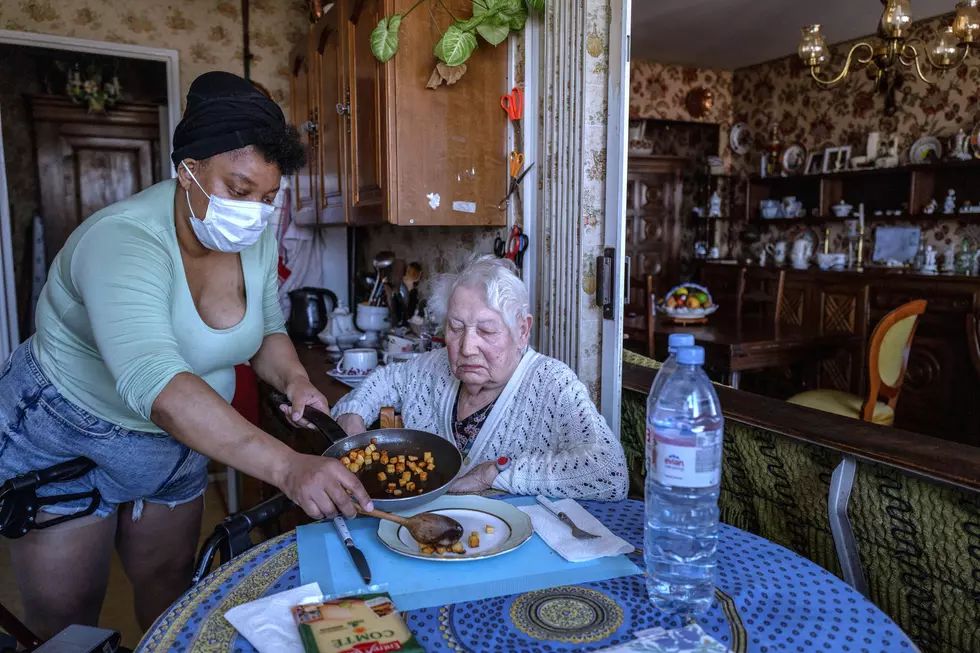
Do You Know the Stages of Alzheimer’s?
We know that Alzheimer’s is a progressive disease, but are there certain stages that we can look at to tell us where our loved one might be in the progression? Jamie Pancost, of the Oaks at Northpointe Woods, was a guest on the 95.3 WBCK Morning Show with Tim Collins.
She says Alzheimer’s disease consists of, primarily, three main stages:
- Mild (sometimes called early-stage)
- Moderate (or middle-stage)
- Severe (sometimes called late-stage)
Pancost says understanding these stages may help the caregiver understand and better cope with the challenges.
“We have a saying – ‘If you’ve met one Alzheimer’s patient, you’ve met one Alzheimer’s patient’, meaning that every person with Alzheimer’s goes through the stages in their own way in their own time. No two persons with AD will be exactly alike.
Generally, however, in the first, or mild stage, the patient will have memory loss and small changes in their personality. Pancost cautions that people with middle-stage AD should not be left alone.
- They may forget recent events or names of familiar people.
- They may be unable to solve simple math problems and may slowly lose the ability to plan and organize. For example, they might have trouble making a grocery list or finding items in the store.
- Writing checks or handling money may become a problem.
- Following a conversation might be difficult so they will ask the same questions over and over or, perhaps, become quiet and no longer join in.
In the middle stage of Alzheimer’s, memory loss and confusion become more obvious.
- Patients have more trouble organizing, planning, and following instructions.
- They may need help getting dressed and may start having problems with incontinence.
- They might have trouble recognizing family members and friends, be unaware of what day or even what month or year it is.
- It’s also possible they will not know where they are and they may begin to wander.
- They often become restless – especially in the evening – and have trouble sleeping.
- Personality changes may become more serious, causing them to become aggressive.
In the last stages of Alzheimer’s, the patient generally needs help with all of their daily needs.
- They may not recognize even the closest family members.
- They may not be able to walk or sit up without help.
- They may not be able to talk and may have trouble swallowing and it is not unusual that our loved one will refuse to eat.
Miles for Memories is creating solutions for those impacted by dementia in Calhoun County through movement, programming, and research. You can find them on Facebook or at www.milesformemories.org

LET'S GO: The most popular historic sites in America
More From 99.1 WFMK









